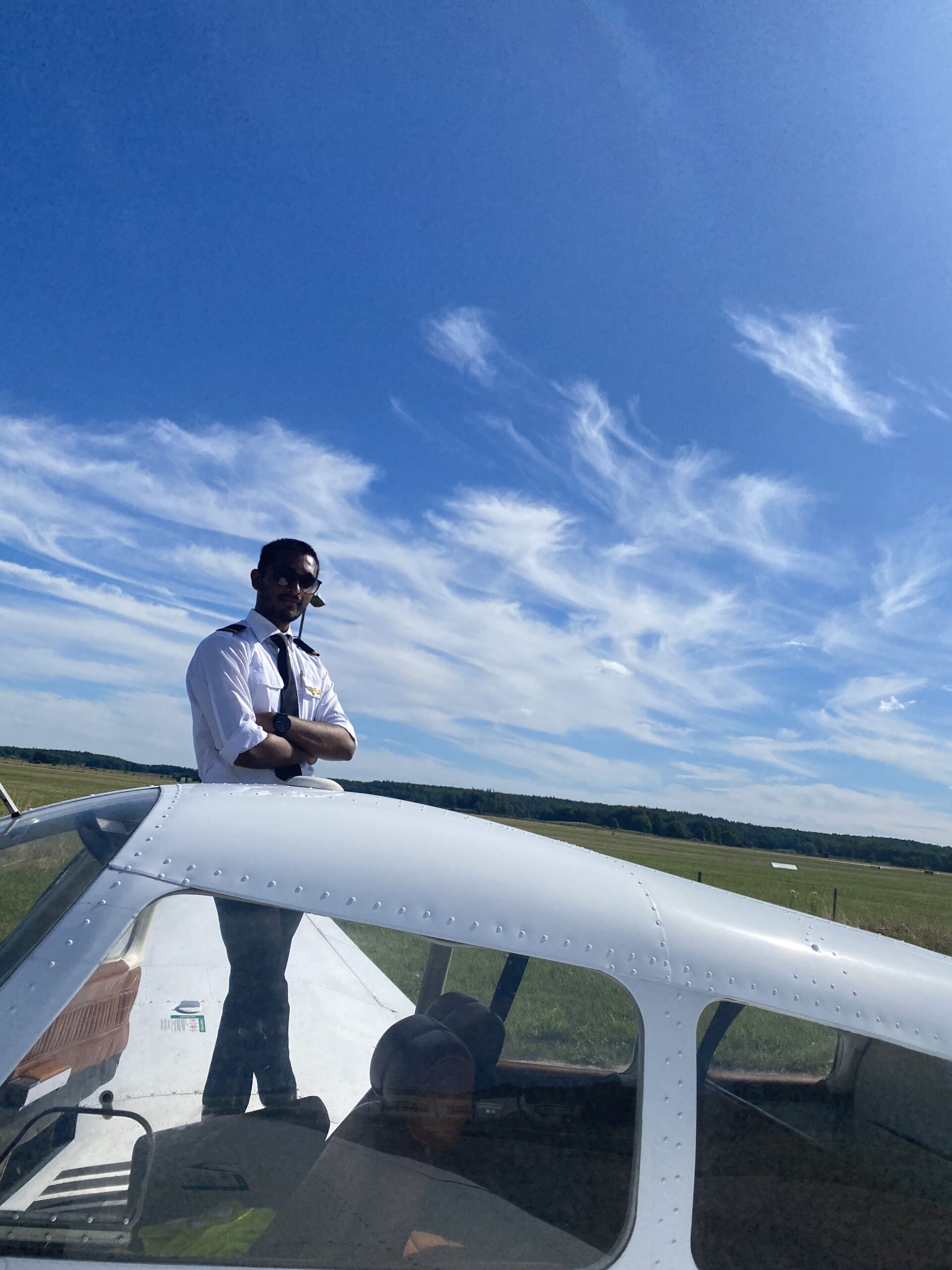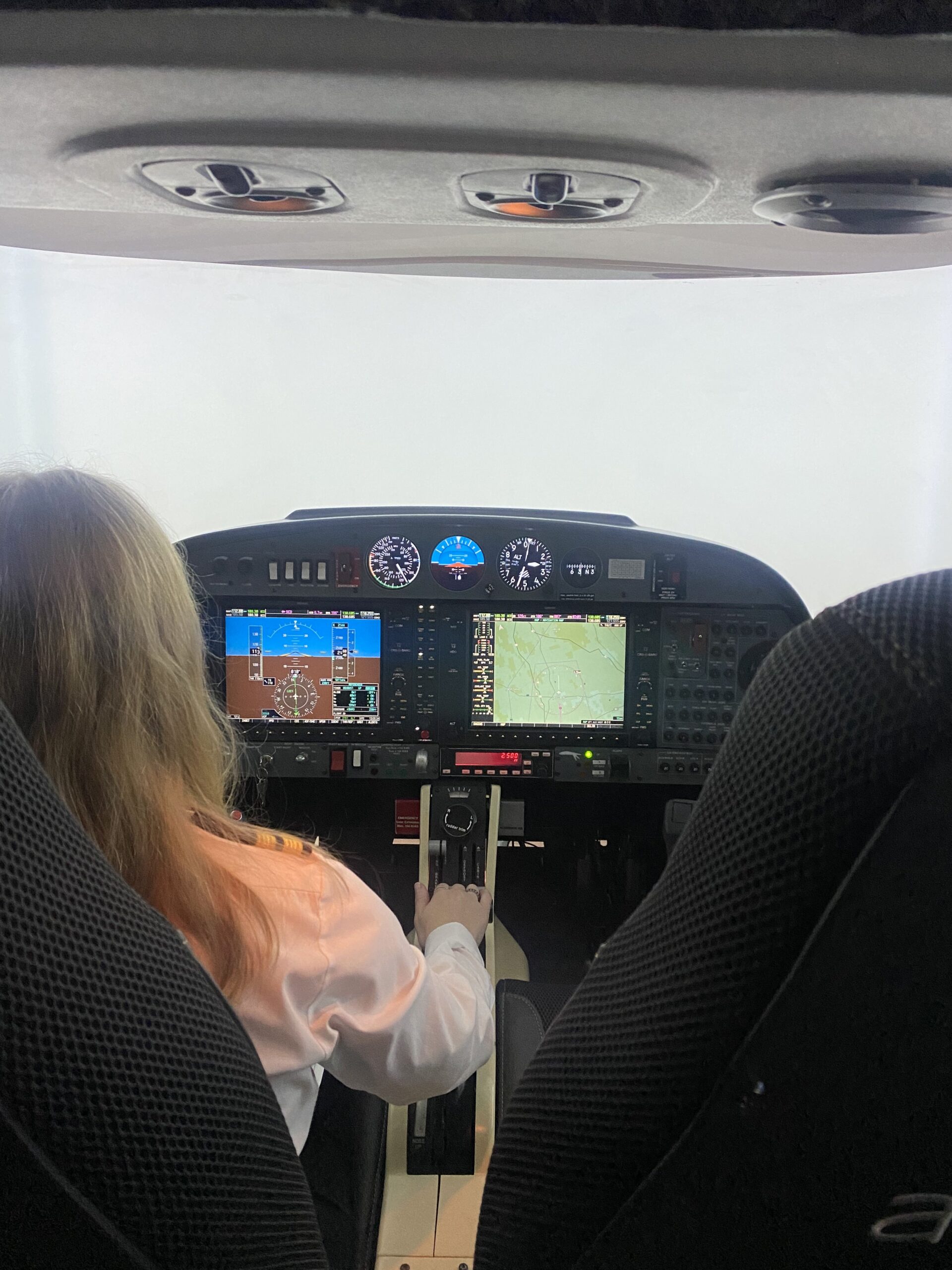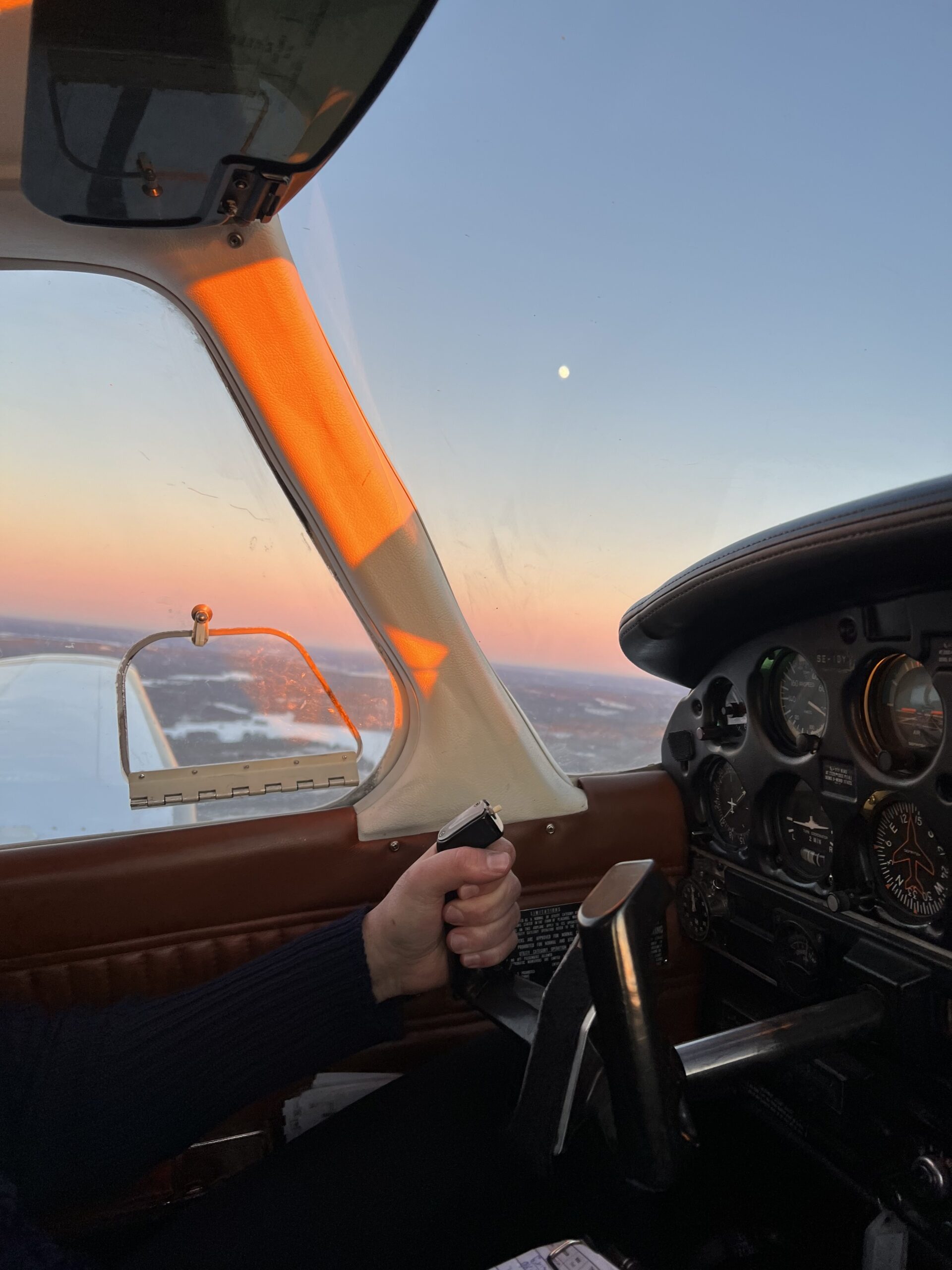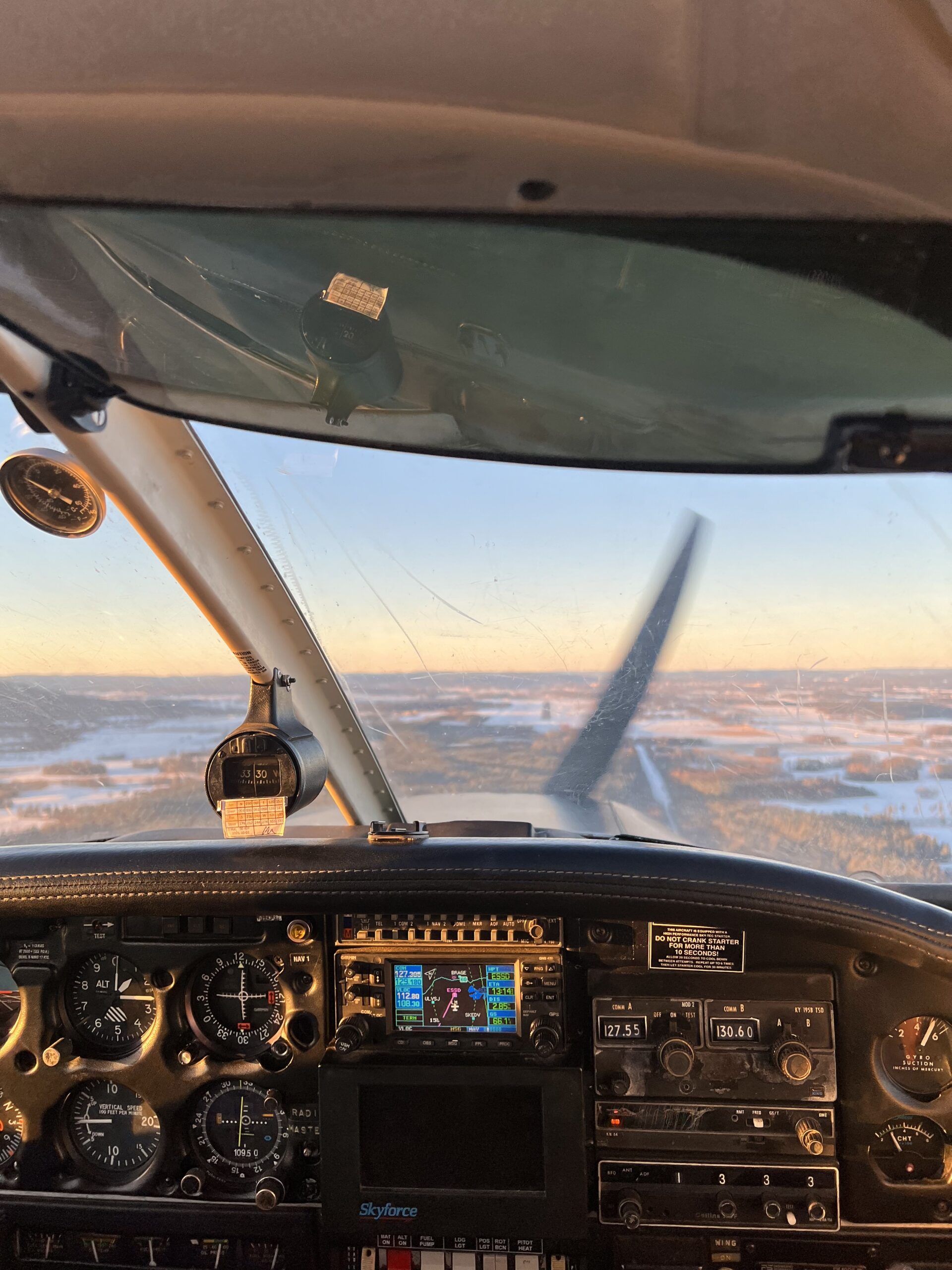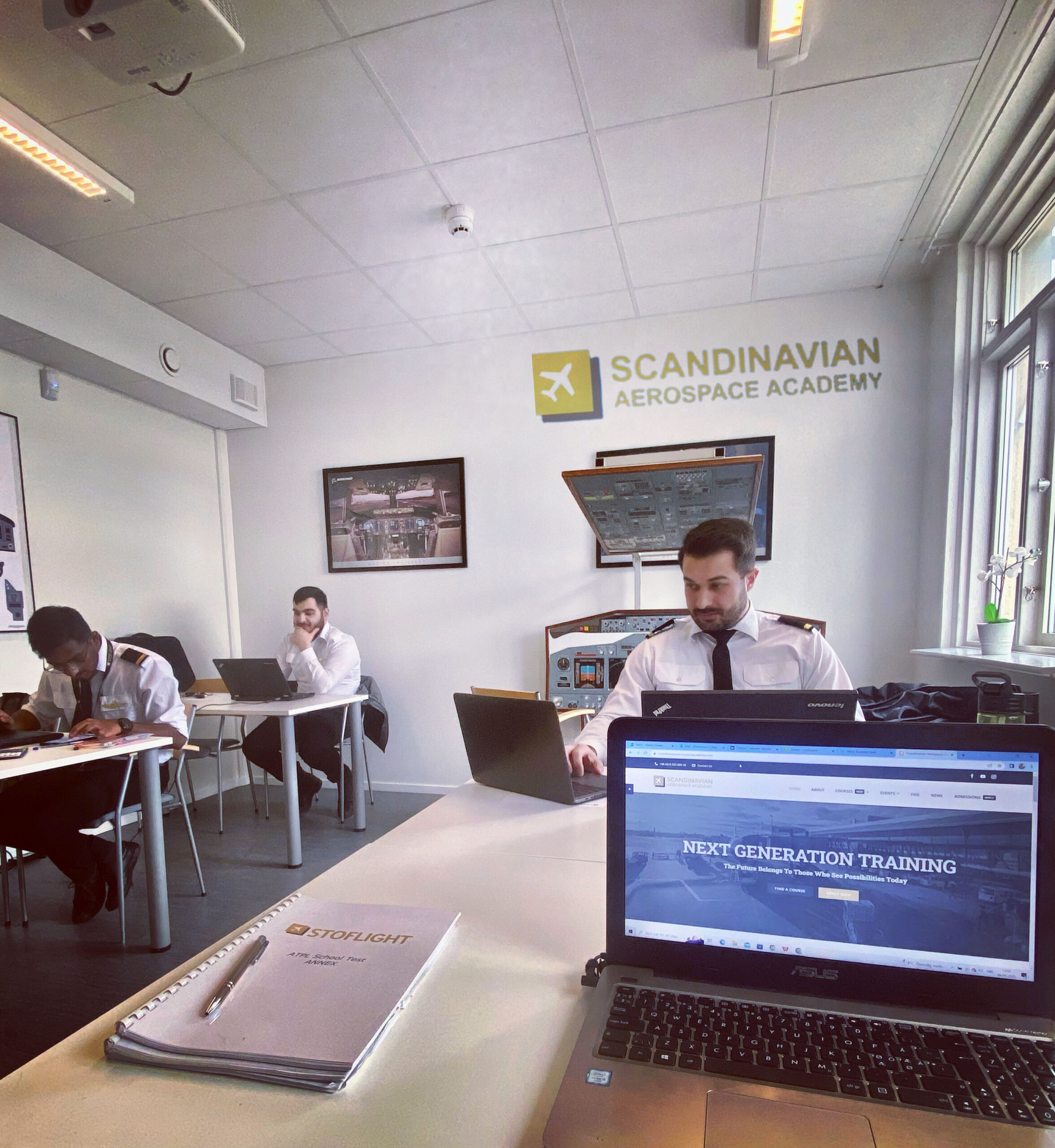Class Rating Instructor (CRI)
Class Rating Instructor (CRI)
About the program
Class Rating Instructor (CRI) is a certification that allows an instructor to teach class rating courses. This certification is required for any instructor who wishes to teach instrument and class rating courses. The Class Rating Instructor (CRI) certification is issued by the EASA and is valid for two years.
The CRI certification requires the instructor to have a minimum of 500 hours of flight time, including at least 200 hours of instrument flight time. The instructor must also have a valid EASA medical certificate and must pass a written and practical exam.
The written exam covers topics such as air traffic control procedures, navigation, flight rules, and aircraft systems. The practical exam consists of a flight test in which the instructor must demonstrate proficiency in flight. The CRI certification is an important part of the aviation industry and is necessary for any instructor who wishes to teach class rating courses.
The certification ensures that instructors are knowledgeable and experienced in the areas they are teaching. It also helps to ensure that students receive the highest quality of instruction.
Frequently Asked Questions
The training facilities are located in Stockholm Västerås and Stockholm Arlanda.
Go to the course tab and find the program you are looking for. Under the Pre-Entry Requirements you will find all the requirements applicable for that specific course.
All courses start at different times, some courses are planned, and others can start anytime around the year.
Contact us for more information regarding the course you are interested in.
Scandinavian Aerospace Academy is an international flight training organization. We accept students from all over the world, currently we have over 30 different nationalities studying at Scandinavian Aerospace Academy.
Scandinavian Aerospace Academy assists our students in finding suitable accommodation in the vicinity of the airport and the training centre. During your initial contact with us, let us know that you’re requesting assistance in finding accommodation.
Path to Success
- Fill out the query form
- We will contact you
- We will share the start date
Instructors with Worldwide Experience
Follow Us
- Overview
- Course Details
- Pre Entry Requirements
- Pricing
- Course Start
Overview
Scandinavian Aerospace Academy provides a range of training courses to support airlines and training organizations requirements for instructors. Class Rating Instructor (CRI) course is conducted using a mix of classroom and aircraft training.
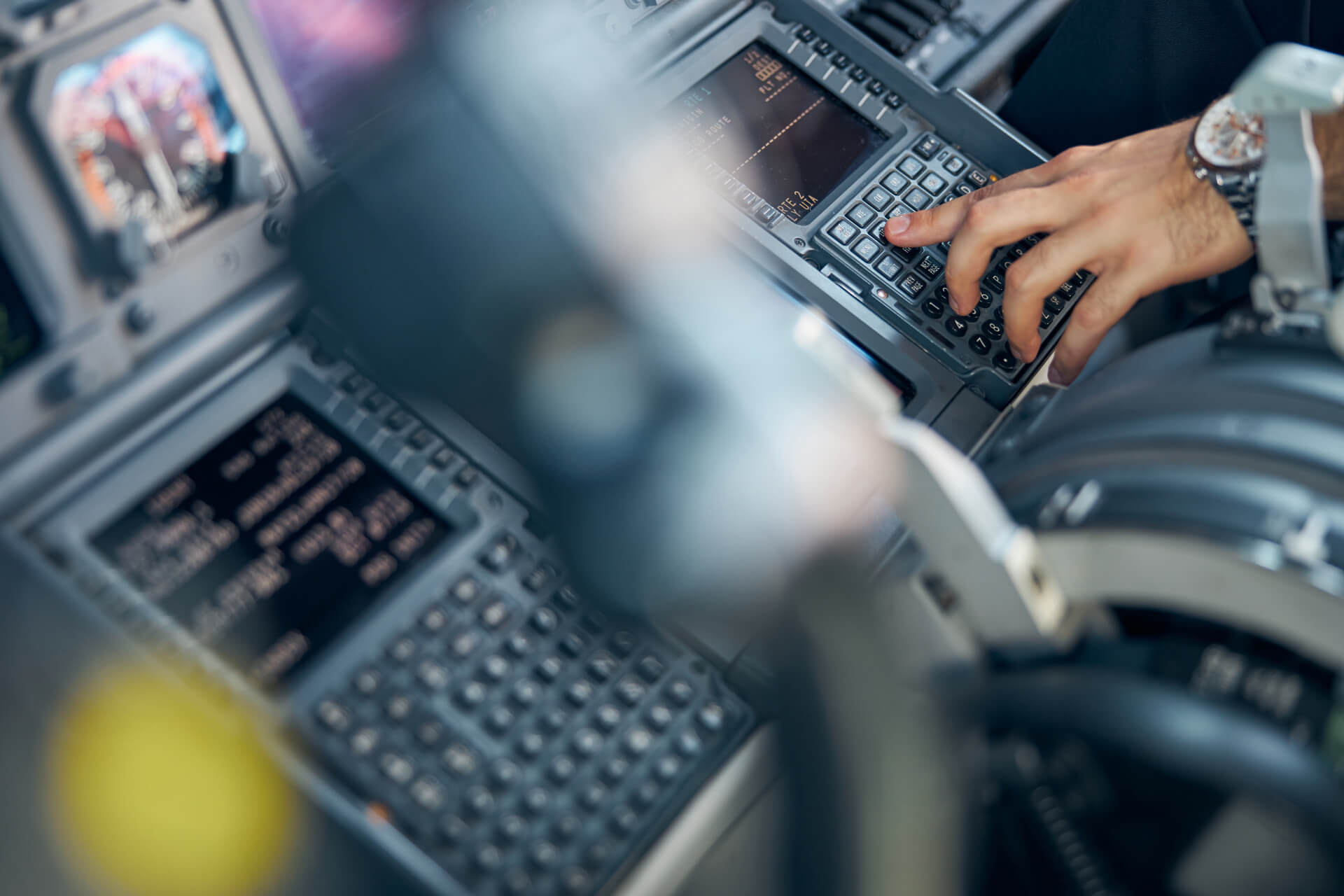
Why Sweden and Scandinavian Aerospace Academy for your training?
International Focus
–
We have over 30 nationalities performing training with us
Residential Courses
–
Our campus offers student accommodation in the vicinity of the training center
Focus On People
–
Flexible and customizable training
Student Dedication
–
High instructor to student ratio
Career Opportunities
–
Scandinavian Aerospace Academy is collaborating with airlines
International Focus – We have over 30 nationalities performing training with us
Residential Courses – Our campus offers student accommodation in the vicinity of the training center
Focus On People – Flexible and customizable training
Student Dedication – High instructor to student ratio
Career Opportunities – Scandinavian Aerospace Academy is collaborating with airlines
Course Details
The next career step for a Flight Instructor is to expand their instructor ratings to include Class Rating Instructor (CRI) and to be able to teach more advanced flight training.
By obtaining Class Rating Instructor (CRI) ratings will allow you to teach students their Multi-Engine (ME) ratings.
During the 1 month course program, you will learn how to prepare briefings and conduct practical sessions for both simulator and flight training. The course will prepare you in explaining theoretical concepts and describing instrument and multi-engine flying in a variety of ways.
Theoretical Training
Length – 25 hrs classroom course
During the theoretical parts of the instrument rating instructor course, we will cover aspects of the instructional techniques and theory, psychology, human performance, limitation during instructions and the structure, presentation and lecture technique.
As well technical knowledge, refresher of instruments and practical application of teaching techniques in classroom, simulator and aircraft.
Flight Training
Length – 10 hours of flight instruction and training includes;
- 5 hours on a Diamond DA42
- 5 hours on an Alsim DA42
During the practical parts of the instrument rating- and class rating instructor course, we will cover both instructional theory and flight training to enhance, demonstrate and instruct the student during all phases of flight both in simulator and aircraft.
The flight training is in total 10hrs minimum and 5 of them will be conducted in an Alsim DA42 simulator.
Timeline
Below is a table showing the different phases of training and duration expected to complete each phase.
| Phase | Timeframe |
|---|---|
| Theoretical training | 3 days |
| Flight training CRI | 3 days |
| Total estimated | 6-10 days |
Pre-Entry Requirements
Valid Medical Class 1 is required prior to starting your IRI/CRI training. Medical Class 1 will be accepted from any EASA country. Do you need more information about obtaining an EASA Medical Class 1? Contact us.
Prior to starting the IRI/CRI training course, the applicant shall have:
- EASA CPL(A)
- Valid MEP (Land)
- Legal right to study in Sweden
- 500 hours total time in aircraft
- 30 hours of Pilot in Command time in Multi-engine Piston (MEP) aircraft
With a valid EASA FI(A) rating;
- 200 hours IFR of which 50 hours can be instrument hours in a FFS, FTD 2/3 or FNPT II
Without a valid EASA FI(A) rating;
- 800 hours IFR
- Additional teaching and learning course
In order to issue an any EASA rating you will need to obtain a language proficiency level which follows the ICAO standard. The minimum level required to start your training is English level 4 (4 out of 6).
Pricing
CRI
4900 EUR
✔ Theoretical training
✔ CBT study portal
✔ 5h DA42 training
✔ Course literature
* Aircraft rental, Assessment of Competence and CAA examiner fee of 1300 EUR will be added.
The prices listed above are the only fees associated with your training, what you see is what you get, simple as that. We don’t have any hidden fees or extra costs that will be added during the course, you pay for your training as you get it.
Build Your Future With Scandinavian Aerospace Academy
Pilot training is an expensive investment, we know that since most of the staff in our organization has at some point, experienced the same journey. Therefore we understand the investment you are about to make and we respect that investment. Our goal is to deliver the best possible training at a reasonable cost.
Financial student loans are available for Swedish citizens and can be arranged through our partnerships with Swedish banks.
Our staff is here to assist you with any questions you may have, feel free to contact us at training@flyscan.academy with your questions.
Course Start
Note: We offer our programs throughout the year to help aspiring pilots reach their goals, kindly connect with us for your requirement.
Tomorrows Airline Captains
Airline Transport Pilot- Program, takes you from zero experience and no previous training, all the way to a fully trained Airline Pilot with the necessary Commercial Pilot License and Multi-Crew courses. Scandinavian Aerospace Academy provides the training in Scandinavian weather which will give you an unforgettable experience. We have chosen the modular method for the ATP-Program and the reason is simple, we do not believe in shortcuts and less training! Modular training in a controlled environment combined with industry experience is the perfect match and optimum training a student pilot can receive. Come and visit us and we’ll tell you more about our training philosophy.
Our instructors are highly qualified and experienced airline pilots. We have one of the highest percentages of airline experience divided amongst our instructors. This is a key factor for ensuring that our programs are up to date, meeting standards and requirements in a changing aviation industry.
Why Sweden and Scandinavian Aerospace Academy for your training?
Scandinavia, Sweden, is the perfect environment to get the experience you need to become a good Pilot. You will experience hot summers as well as winter operations with low visibility. The weather in Sweden requires prospective pilots to be on their best every time they take flight. Scandinavian weather is often described grey and cold, however for future pilots and training, the climate is exceptional. We strongly believe that the better and more challenging your circumstances are during training prepares you for unforeseen situations that you may encounter as an Airline Pilot on the global market.
International Focus – We have over 30 nationalities performing training with us
Residential Courses – Our campus offers student accommodation in the vicinity of the training center
Focus On People – Flexible and customizable training
Student Dedication – High instructor to student ratio
Career Opportunities – Scandinavian Aerospace Academy is collaborating with airlines
Scandinavian Aerospace Academy is built on a simple principle, for pilots, by pilots. Management is built and led by active industry professionals always striving for a safer and broader perspective when it comes to aviation training. Are you ready for the next step?
COURSE DETAILS
The ATP program consists of several course that can be found in detail under timeline below.
Initially the program starts with PPL theory and flight training. Upon passing examinations and skilltest the students obtain an PPL-license and collect hours in command. The students then move on to the commercial part of aviation, starting with the ATPL-Theory, a 9 month long course covering various courses. Upon reaching sufficient amount of flight hours and passing all the ATPL examinations, the students enter the Multi Engine (ME), Commericial Pilot License (CPL) and Instrument Rating (IR) phase.
Upon passing the CPL ME/IR skilltest the students move on to the final phase Multi Crew Cooperation (MCC).
All training is conducted in Piper PA28, Diamond DA42, DA42 Simulator and Boeing 737 Simulator.
Timeline
Below is a table showing the different phases of training and duration expected to complete each phase.
| Phase | Timeframe |
|---|---|
| Private Pilot License (PPL) | 6 months |
| ATPL-theory | 9 months |
| Night Rating | 2 weeks |
| Hour building / PIC training | 3,5 months |
| Class Rating MEPL | 3 weeks |
| Commercial Pilot License (CPL) | 1,5 months |
| Instrument Rating | 2 months |
| Multi Crew Co-operation (MCC) | 3 weeks |
| Total estimated | 24,0 months (2 years) |
PRE-ENTRY REQUIREMENTS
In order to be eligible for the Airline Transport Pilot (ATP) Program you need to fulfill all the requirements listed below:
Medical Certificate : Valid Medical Class 1 is required prior to starting your training. Medical Class 1 will be accepted from any EASA country. Do you need more information about obtaining an EASA Medical Class 1? Contact us.
License and Ratings : No previous license or ratings are required prior to starting the ATP-Program.
Language Proficiency : In order to issue an EASA CPL license you will need to obtain a language proficiency level which follows the ICAO standard. The minimum level required to start your training is English level 4 (4 out of 6). This will be assessed during your pre-entry assessment.
The pre-entry requirements are necessary in order for you to start your training at Scandinavian Aerospace Academy. If you have any questions about the requirements, don’t hesitate to contact us and we will answer all your questions.
PRICING
All prices for this course are listed below and split into different packages in order to offer a flexible solution that suits your needs.
* If you’re residing outside of the European Union (EU) you will require a student visa to Sweden, this can be administrated by us and for this service we charge 2500 EUR.
* Pre-entry assessment will be charged 750 EUR if you decide not to start the ATP-Program.
The prices listed above are the only fees associated with your training, what you see is what you get, simple as that. We don’t have any hidden fees or extra costs that will be added during the course, you pay for your training as you get it.
Financial Options
Financial student loans are available for Swedish citizens and can be arranged through our partnerships with Swedish banks.
Build Your Future With Scandinavian Aerospace Academy
Pilot training is an expensive investment, we know that since most of the staff in our organization has at some point, experienced the same journey. Therefore we understand the investment you are about to make and we respect that investment. Our goal is to deliver the best possible training at a reasonable cost.
Our staff is here to assist you with any questions you may have, feel free to contact us at training@flyscan.academy with your questions.
COURSE START
The next available course start for the ATP-Program can be found below,
- February 27th 2023
- April 24th 2023
The final date to apply is one month prior to the course start, however we recommend that you apply earlier to secure your slot. If you’re requiring a visa for your studies, the recommendation is to apply three months prior to the course start.
